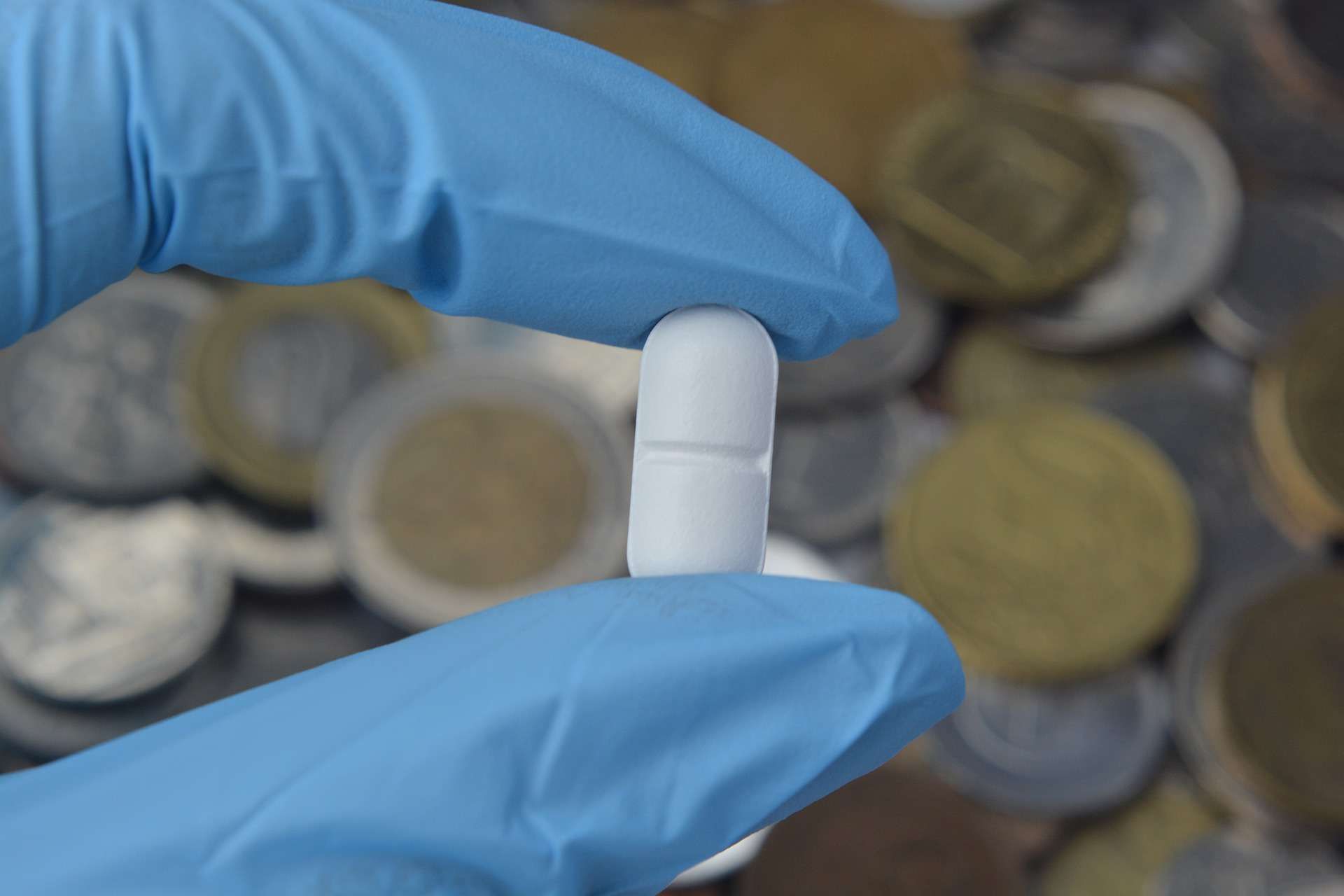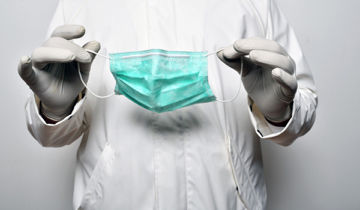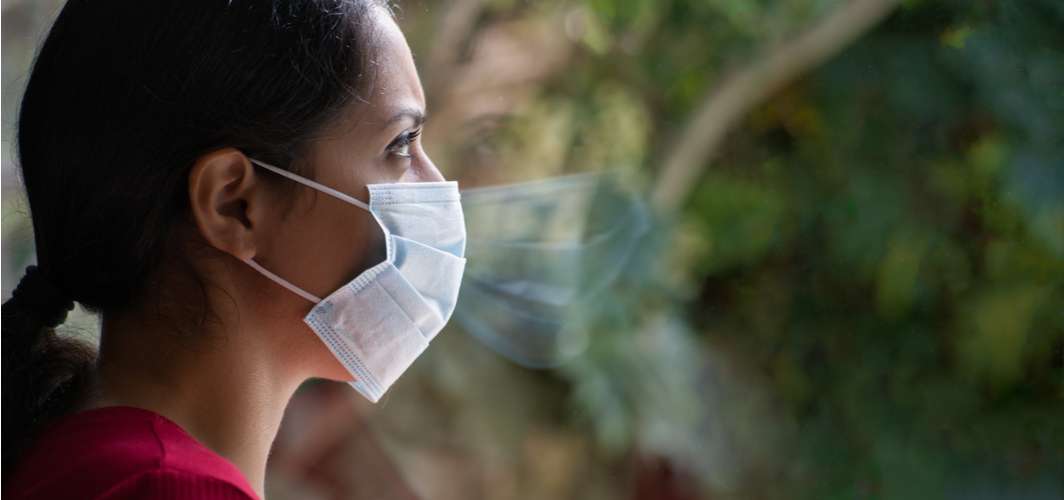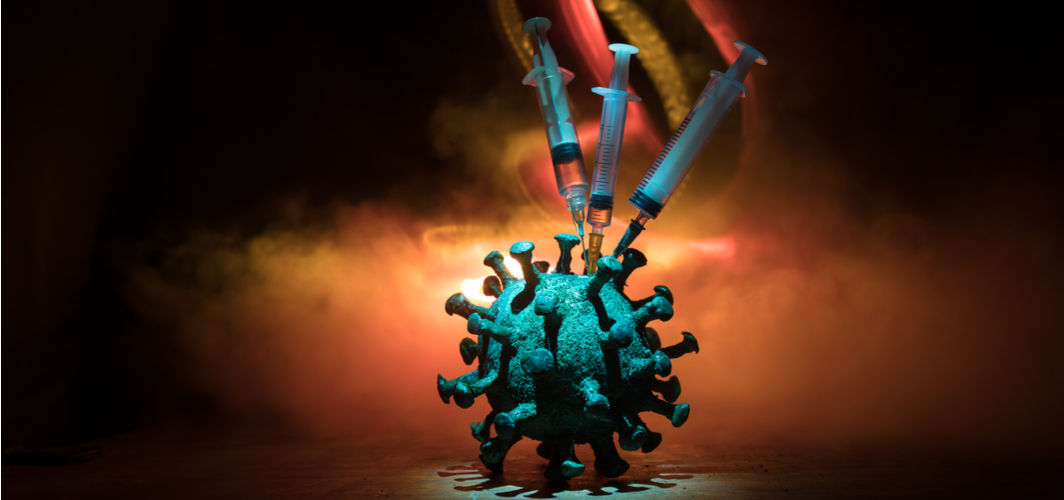Doctors across the globe are trying to treat Coronavirus or COVID-19 symptoms by using medicines, also known as drugs, approved for other viral diseases like Ebola, Malaria, and HIV. Early results from these experiments seem promising. However, we cannot be certain that these drugs are effective until clinical trials have been concluded. Another method being used by doctors to treat COVID-19 is to inject antibodies into the infected person. These antibodies are either extracted from the blood of patients who have recovered from the Coronavirus infection or are produced from animals. Antibodies can also be extracted from previous viruses through bioengineering.

What are the drugs being used currently for treating COVID-19?
The most promising drugs that are being used, on an experimental basis, for treating COVID-19 are explained below. However, we strongly advise against any self-medication under any circumstances. It is recommended to consult a qualified medical practitioner in case of any problem.
Anti-malarial drugs hydroxychloroquine (HCQ) and chloroquine are being tested in clinical trials around the world for their potential as a treatment for Coronavirus. These two drugs are also being given as a preventive drug to reduce the severity of the infection. Trials are being conducted to explore the usage of these drugs both on their own as well as in combination with other drugs for treating COVID-19. Studies conducted in France and Wuhan revealed that the HCQ drug reduced the duration of severe illness caused by the Coronavirus. Hence, drug regulators in many countries are now considering approving the drug for treating COVID-19 patients. However, since HCQ has been linked to adverse effects of liver damage and heart conditions, it is now prescribed only on a case-by-case basis.
Remdesivir is an anti-viral drug manufactured by the United States-based pharmaceutical giant Gilead Sciences Inc. This drug was developed for treating Ebola patients during the Ebola virus outbreak in 2014. Initial tests have revealed that Remdesvir stops the replication of the Coronavirus thereby reducing the recovery time in COVID-19 patients. Researchers believe that it can be a potential drug for treating COVID-19 patients not only due to its efficacy but also because of its low toxicity.
-
HIV Drug: Lopinavir and Ritonavir
Lopinavir and Ritonavir are drugs used together for controlling infection due to Human Immunodeficiency Virus (HIV). These two drugs are being recommended for treating COVID-19 patients who fall under the high-risk categories like older adults, people suffering from diabetes, renal failure, etc. Studies across the globe for these drugs have generated mixed reviews. While some studies suggest that these drugs did not show any positive effect on COVID-19 patients, studies in China and India have revealed that this drug combination has been beneficial in treating COVID-19 patients.
-
Flu Drug: Favipiravir (Avigan)
The drug, Favipiravir (brand name Avigan), is an anti-flu medicine developed by Fujifilm Toyama Chemical. Trials in China have suggested that this drug can reduce the recovery time in COVID-19 patients. Currently, there are 5 clinical trials being done to test the effectiveness of Favipiravir in treating patients affected by the Coronavirus.
What is WHO’s “Solidarity” Clinical Trial?
"Solidarity” is an international clinical trial launched by the World Health Organization (WHO) to find an effective treatment for COVID-19. As part of this trial, four treatment options - Remdesivir, Lopinavir/Ritonavir, Lopinavir/Ritonavir with Interferon beta-1a, and Chloroquine or Hydroxychloroquine will be evaluated for their effectiveness against COVID-19. This global study, where India is also participating, will help medical researchers around the world to quickly determine if any of these drugs can slow the development of the disease caused by the Coronavirus. The Solidarity trial can also help researchers understand whether these drugs can improve the survival rate of COVID-19 patients.
What is Convalescent Plasma Therapy?
Plasma therapy is the process of withdrawing antibodies from the blood of recovered COVID-19 patients and injecting them into the blood of active coronavirus patients. If a patient has recovered from COVID-19 infection, it means that his/her blood would have developed antibodies to fight the virus. When these antibodies are injected into the blood of the currently infected patient, the antibodies will start fighting against the virus. As a result, the infected patient will slowly recover from the COVID-19 infection.
Many countries, including India, are looking at plasma therapy as a potential treatment for COVID-19. The Indian Council of Medical Research (ICMR) has recently allowed states to start clinical trials of plasma therapy. Nearly 100 institutes have expressed interest to study the safety and efficiency of plasma therapy in treating COVID-19. Several states like Kerala, Gujarat and Punjab have already started using plasma therapy for treating COVID-19 patients.
If you have any questions, you can:
Consult a COVID-19 Expert








